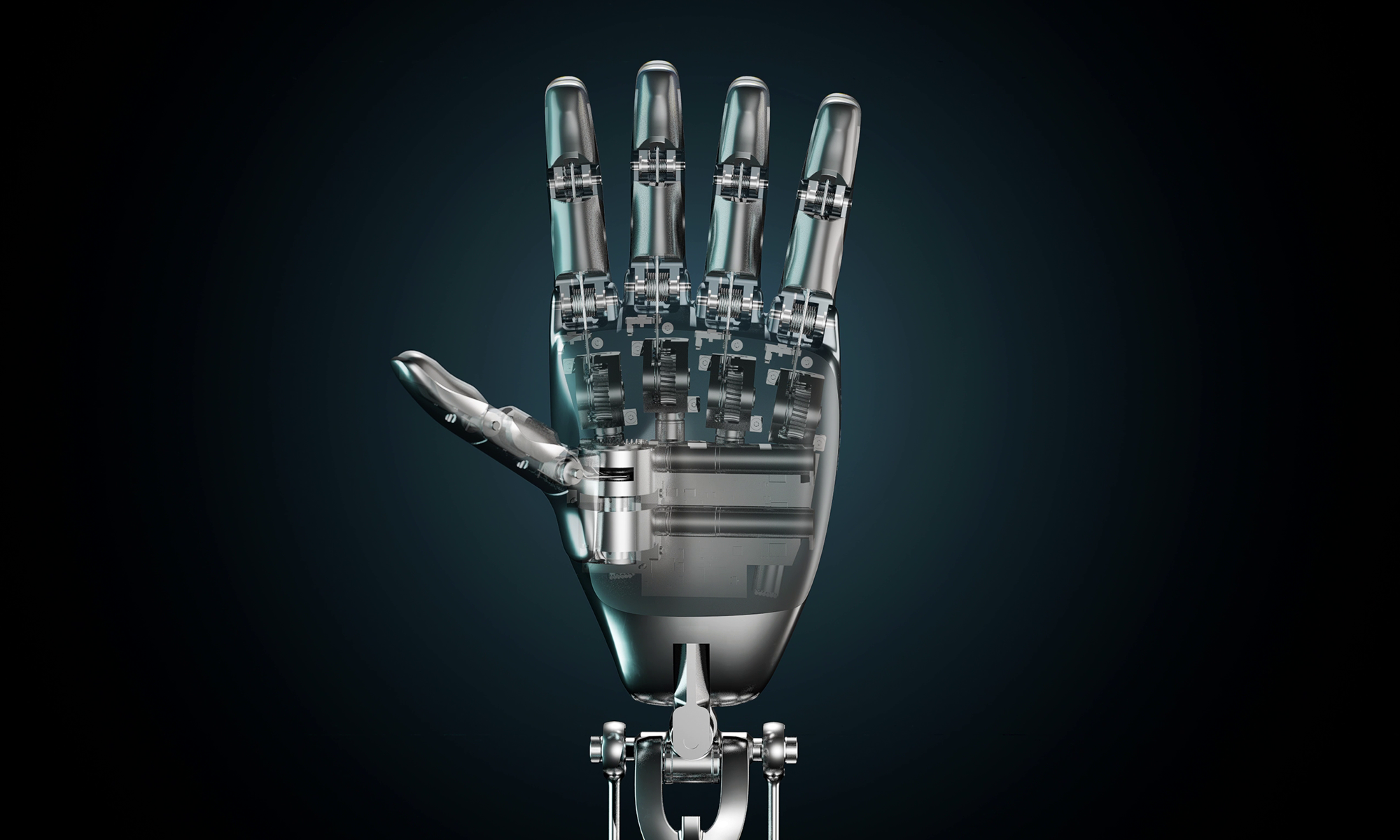Probably one of the most highly cited bear cases against Tesla's (TSLA +0.05%) stock concerns the risk of the company's Gigafactory. What happens, critics ask, if new technologies make the company's current battery technology obsolete? Would the Gigafactory be a waste? Given Tesla's smaller size than its larger rivals, critics argue that it does not have the scale to shift research and development spending and Gigafactory tooling to rapidly evolve. Is this argument legitimate? If the new technology comes from somewhere other than batteries, like hydrogen fuel cells, it may have some merit. But within the realm of batteries, Tesla may have more flexibility than investors think. Even more, Tesla may already have better batteries in its pipeline.

The Model S battery is built into the floor of the vehicle. Image source: Tesla Motors.
Tesla: Evolving battery manufacturing is easy
When a shareholder asked Tesla CEO Elon Musk at the company's annual shareholder meeting on Tuesday about whether the Gigafactory can be rapidly retooled to utilize future breakthrough battery technologies, Musk said it wouldn't be difficult:
It would be fairly straightforward for us to change the anode or cathode composition ... In fact, we expect to evolve the anode and cathode. It's not merely, "What if that happens?" We expect that to happen.
David, the shareholder who asked the question, referred specifically to the recent outlandish claims from Power Japan Plus about its Ryden dual-carbon battery. Not the first major battery breakthrough to make headlines, I warned investors that the news should be taken with a grain of salt and that it was possibly a fluke. Indeed, Musk seemed to suggest that the breakthrough wasn't legit. No one who has made claims of battery breakthroughs, he says, has ever sent him a sample cell upon request.

Ryden dual-carbon battery. Image source: Power Japan Plus.
But, in theory, if the dual-carbon battery was the real deal, Musk's comments on retooling suggest it wouldn't be difficult for Tesla to handle it. Even Power Japan Plus said its technology "slots directly into existing manufacturing processes, requiring no change to existing manufacturing lines."
There is an underlying point to Musk's comment on the ease of retooling that is equally important. Tesla doesn't expect battery innovation to stop. In fact, the company actively expects it to continue.
After explaining that the key metrics Tesla looks for in batteries is energy density (which defines range) and cost per unit of energy (which leads to marketability), Musk hinted that Tesla actually already has better batteries in its pipeline.
There are potential breakthroughs out there, but we have yet to see one -- to see even a single example -- in our lab, of a cell working at the laboratory level that is better than the one that we have or the ones we expect to come out with. [emphasis mine]
But it shouldn't come as a surprise that battery technology can be improved. Innovation in the category is nothing new. From 1990 to 2010, the energy density of lithium-ion batteries improved at about 7% annually on average, while the costs of lithium-ion batteries have dropped even faster, according to data from battery research company SAKTI3. Imagine what meaningful improvements in energy density, power density, and costs can do to the marketability of electric cars in the next 10 years.

Model S. Photo: The Motley Fool
The Model S is already extremely marketable; Tesla is selling every car it makes. And with a lower-cost Tesla planned for a late 2016 launch, even the mass vehicle market may soon be able to appreciate future breakthroughs in battery technology.






